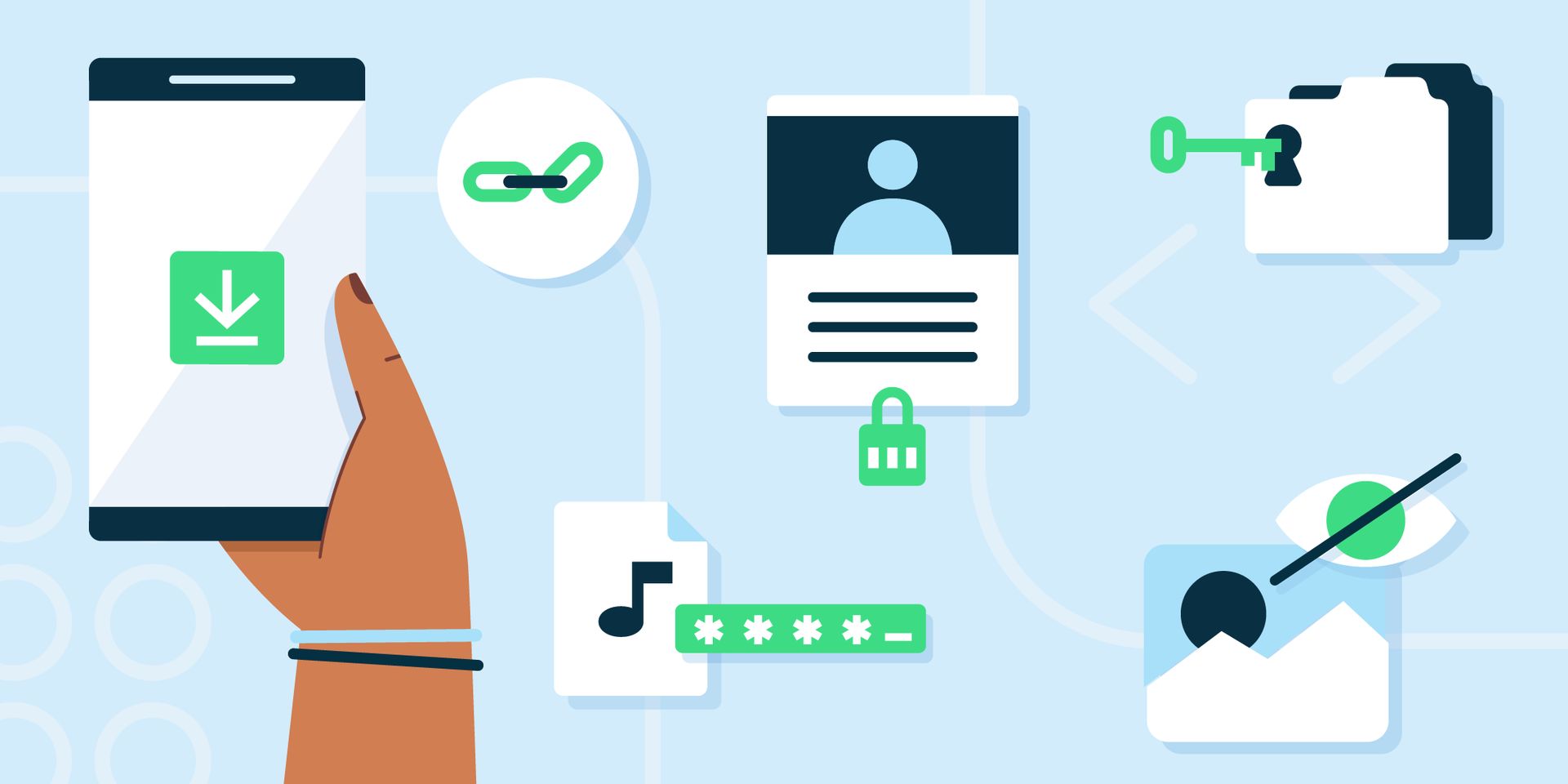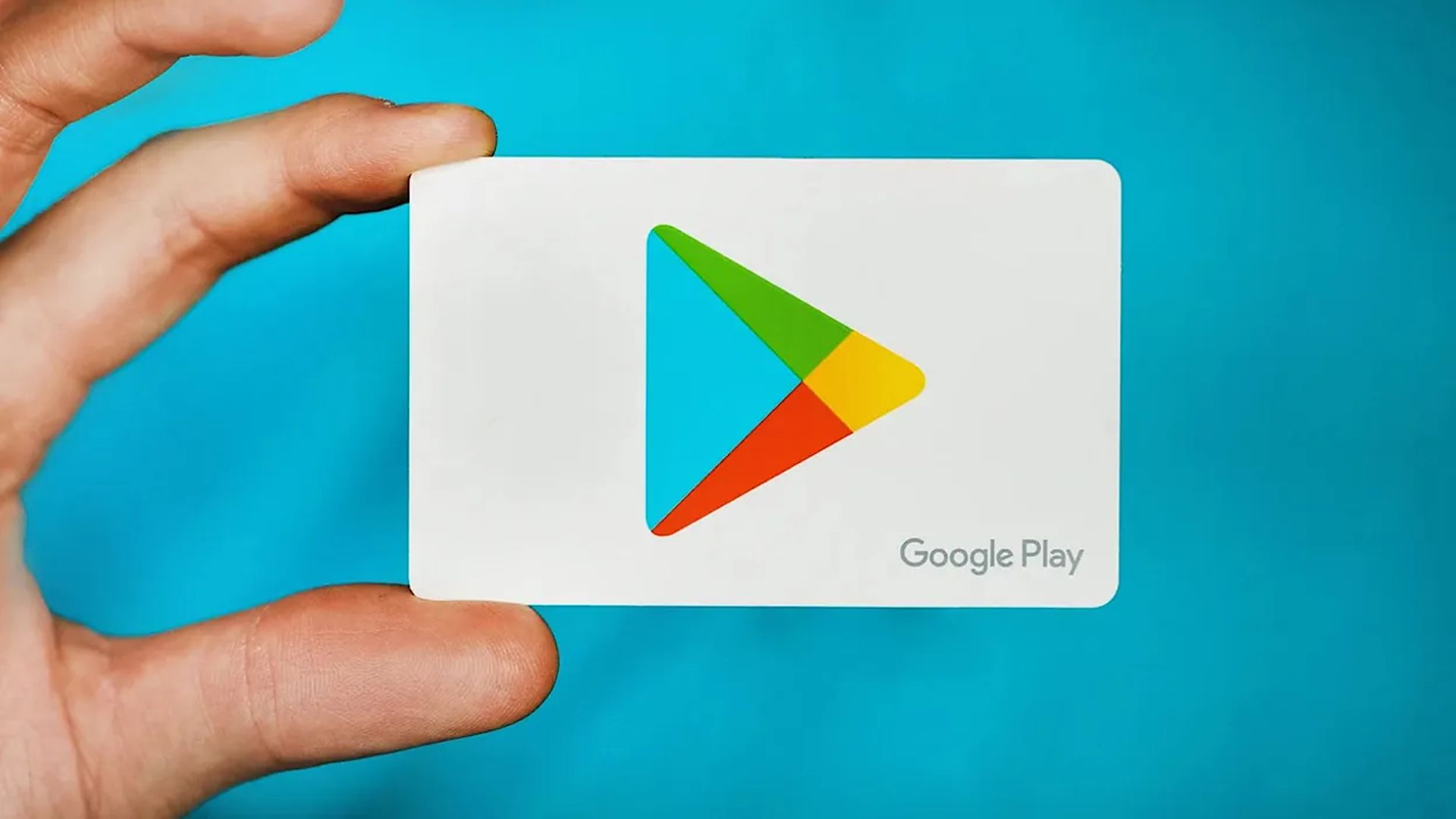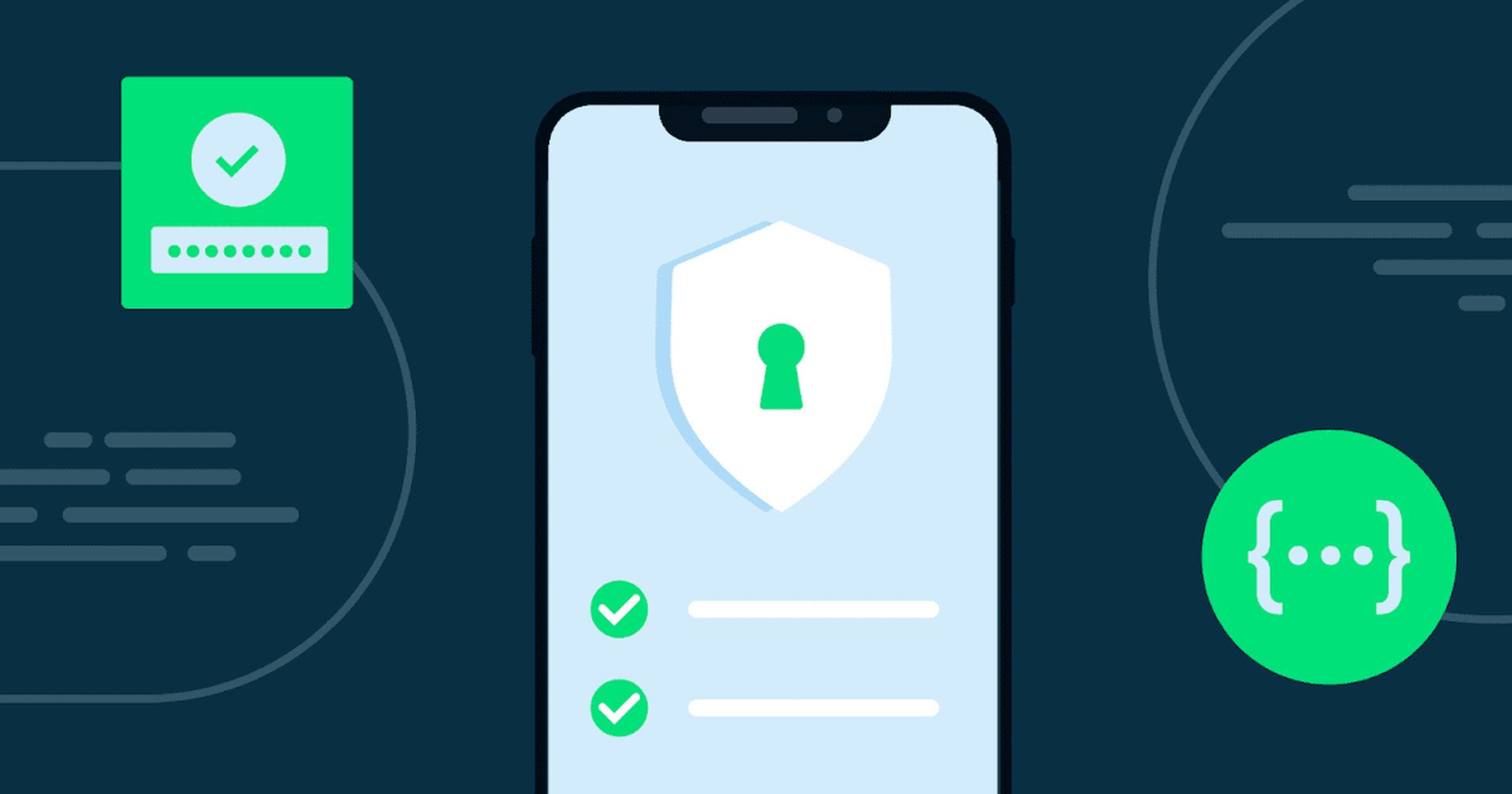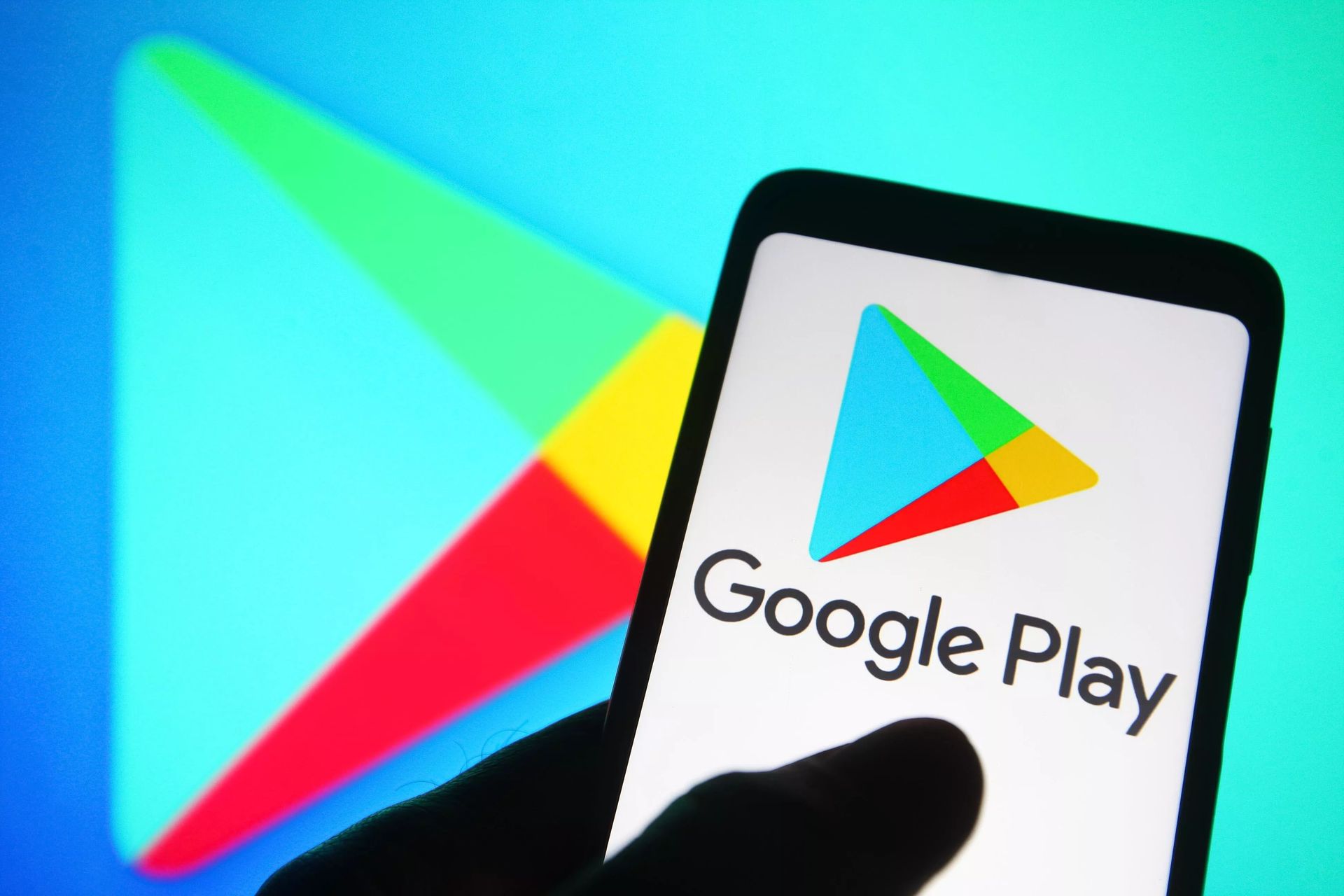In this article, we are going to be covering the new Google Play Store policy update, which will ban many apps for various reasons.
Google has changed the Play Store developer policies. The new Play Store standards are aimed against misrepresentation, impersonation, and in-app advertisements. Google’s new policies addressing several vulnerabilities seek to enhance app experiences and user security. Google aims to reduce the number of knockoff applications on the Play Store.

Google Play Store policy update will affect many apps
As a result, unapproved applications will no longer be permitted to use national insignia or logos of government agencies. Unauthorized developers are also not permitted to utilize firm logos or images of artists or TV shows to demonstrate their affiliation with the aforementioned entity. This policy goes into effect on August 31. Google said in the announcement that:
“We don’t allow apps that mislead users by impersonating someone else (for example, another developer, company, entity) or another app. Don’t imply that your app is related to or authorized by someone that it isn’t. Be careful not to use app icons, descriptions, titles, or in-app elements that could mislead users about your app’s relationship to someone else or another app.”

Google may also block applications that contain material that contradicts expert health advice.
We don’t allow apps containing misleading health claims that contradict existing medical consensus, or can cause harm to users. Here are some examples of common violations: Misleading claims about vaccines, such as that vaccines can alter one’s DNA, Advocacy of harmful, unapproved treatments, Advocacy of other harmful health practices, such as conversion therapy.
Another restriction, which goes into force on September 30, targets full-screen in-app adverts. The policy requires developers to make full-screen advertising closeable after 15 seconds and prohibits “unexpected interstitial ads,” which display when you start an app or game or advance to the next level in a game. Opt-in commercials, which you view to receive a reward, can, however, exceed the 15-second duration restriction.

Google is also prohibiting applications from exploiting Android’s built-in VPN services to harvest user data and from engaging in ad fraud, which involves redirecting user traffic to another region in order to make more money through advertisements. Among other changes, the new policy, which takes effect on September 30, 2022, intends to make it easier for consumers to cancel subscriptions from within the app. Furthermore, by November 1, 2022, all lawful monitoring applications will be obliged to utilize the ‘IsMonitoringTool’ mark and reveal the feature in the Play Store.
We hope that you enjoyed this article on the Google Play Store policy update. If you did, we are sure that you will also enjoy reading our other articles, such as the FCC commissioner wants Apple and Google to ban TikTok, or Apple Pay on iOS 16 might work with Chrome, Firefox, and Edge.





